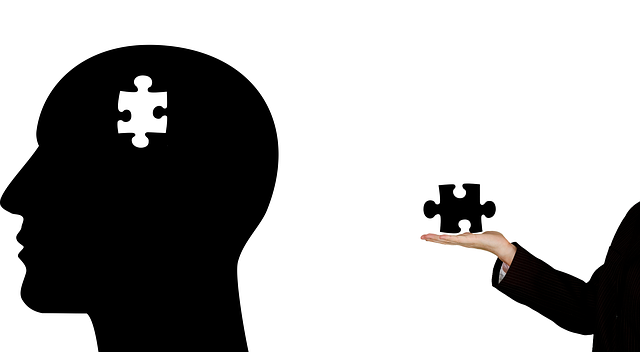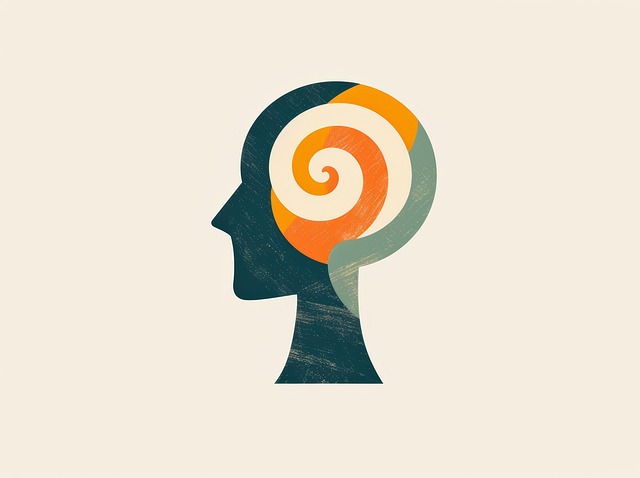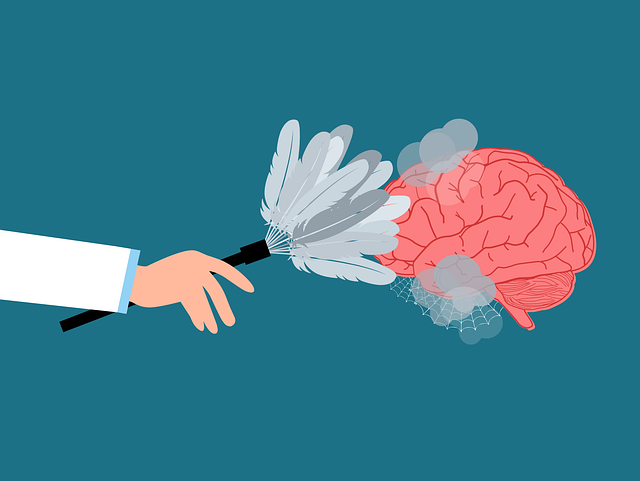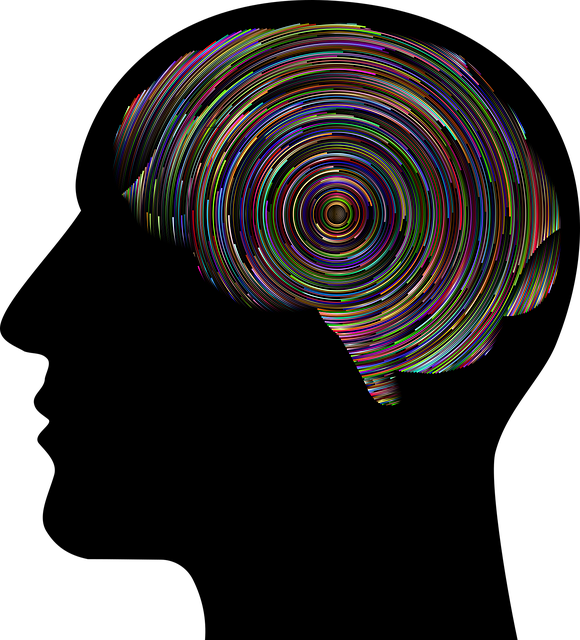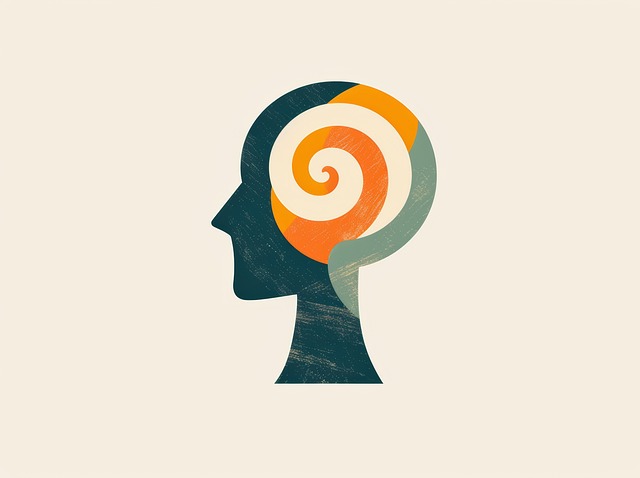Greenwood Village Developmental Disability Therapy is at the forefront of combating mental health stigma through comprehensive programs, educational initiatives, and community engagement. They address negative attitudes, stereotypes, and discrimination by offering specialized therapy, workshops, and exercises that promote empathy, stress management, and mental wellness awareness. By challenging media stereotypes and providing success stories, Greenwood Village fosters a more accepting society where individuals can access support without fear of judgment. Their holistic approach to mental health education significantly reduces stigma, encouraging open dialogues and improving access to essential services within the community.
Mental illness stigma remains a significant barrier to recovery and integration, impacting individuals’ quality of life and societal progress. This article explores comprehensive strategies to reduce mental health stigma, focusing on the multifaceted approach advocated by Greenwood Village Developmental Disability Therapy. We delve into the profound effects of stigma, examining its implications for affected individuals and society at large. Additionally, we highlight educational initiatives, media representation’s role, and community engagement tactics that collectively foster a more supportive environment, mirroring the positive impact of Greenwood Village’s therapy model.
- Understanding Mental Illness Stigma: Its Impact on Individuals and Society
- The Role of Greenwood Village Developmental Disability Therapy in Stigma Reduction
- Educational Initiatives to Break Down Stigma Barriers
- Media Representation and its Influence on Shaping Public Perception
- Community Engagement Strategies for a More Supportive Environment
Understanding Mental Illness Stigma: Its Impact on Individuals and Society

Stigma surrounding mental illness is a pervasive issue that casts a long shadow over individuals’ lives and overall societal well-being. It often manifests as negative attitudes, stereotypes, and discrimination, creating barriers for those seeking help. At Greenwood Village Developmental Disability Therapy, we recognize that understanding stigma is the first step towards its reduction. Mental health conditions are diverse, encompassing a wide range from depression and anxiety to more severe disorders, each with unique challenges. Society’s misunderstanding of these issues can lead to harmful consequences.
When left unaddressed, stigma contributes to social isolation, increased stress, and reduced access to essential services like Trauma Support Services and mindfulness-based therapies that foster Self-Esteem Improvement. Mindfulness Meditation, for instance, has proven effective in managing symptoms of various mental health disorders. By raising awareness, we aim to break down misconceptions, encourage empathy, and create an environment where those struggling can seek and receive the support they need without fear of judgment or discrimination.
The Role of Greenwood Village Developmental Disability Therapy in Stigma Reduction

Greenwood Village Developmental Disability Therapy plays a pivotal role in stigma reduction efforts by fostering understanding and empathy within communities. Through specialized programs and services, they address the unique challenges faced by individuals with developmental disabilities, promoting mental wellness. The therapy center often employs innovative Empathy Building Strategies to bridge the gap between different groups, encouraging open conversations about mental health struggles. These strategies help dispel myths and misconceptions surrounding developmental disabilities, leading to a more accepting and supportive societal environment.
In addition to individual therapy sessions, Greenwood Village organizes Stress Management Workshops and introduces Mental Wellness Journaling Exercises, providing practical tools for self-care and resilience. Such initiatives empower individuals with disabilities and their caregivers, offering them the skills needed to navigate life’s challenges. By integrating these activities into their therapeutic approach, the center contributes significantly to stigma reduction by promoting mental wellness, fostering community engagement, and encouraging open dialogues about developmental disabilities.
Educational Initiatives to Break Down Stigma Barriers

Educational initiatives play a pivotal role in breaking down stigma barriers surrounding mental illness, a strategy that Greenwood Village Developmental Disability Therapy actively promotes. By implementing evidence-based programs and engaging communities, schools, and workplaces, these efforts aim to foster understanding and empathy. Workshops focusing on Mental Health Policy Analysis and Advocacy can empower individuals to challenge discriminatory practices while promoting inclusive policies that support emotional well-being.
Crisis Intervention Guidance is another crucial aspect of these educational initiatives. Equipping individuals with the knowledge and skills to recognize signs of distress in themselves and others can help de-stigmatize seeking aid. Through interactive sessions, participants learn effective strategies for Emotional Regulation, enabling them to manage stress and difficult emotions constructively, thus reducing the likelihood of mental health crises.
Media Representation and its Influence on Shaping Public Perception

The media plays a significant role in shaping public perceptions about mental illness, often influencing how society understands and responds to various conditions. Portrayals in films, television shows, and news articles can either perpetuate harmful stereotypes or foster empathy and understanding. For instance, Greenwood Village Developmental Disability Therapy highlights successful recovery stories, challenging the negative narratives that dominate mainstream media. By showcasing individuals overcoming challenges and leading fulfilling lives, these representations can significantly improve public attitudes.
However, it is crucial to ensure accurate and nuanced storytelling. Media has the power to influence how people with mental health issues are perceived, impacting their self-esteem improvement and coping skills development. Professionals in the field must also be mindful of their role in risk assessment, as media coverage can sometimes sensationalize certain conditions, leading to fear and misunderstanding. Responsible media representation can thus contribute to reducing stigma, encouraging support, and promoting access to mental health services for all.
Community Engagement Strategies for a More Supportive Environment

In efforts to foster a supportive environment for individuals with mental health challenges, Greenwood Village Developmental Disability Therapy has pioneered community engagement strategies that focus on education and empathy. By organizing workshops, seminars, and open discussions, the initiative aims to dispel myths surrounding mental illness, thereby reducing stigma. These gatherings provide a platform for sharing Compassion Cultivation Practices and Stress Management techniques, empowering both the affected individuals and the broader community to offer more understanding and support.
The program encourages active participation from local residents, schools, and businesses, ensuring that everyone contributes to creating a landscape where mental health issues are met with openness and care. Through these collaborative efforts, Greenwood Village seeks to enhance Mental Illness Stigma Reduction Efforts, ultimately paving the way for improved access to therapy and overall well-being within the community.
Mental illness stigma reduction is a multifaceted approach that requires understanding, education, and community engagement. Initiatives like those seen in Greenwood Village Developmental Disability Therapy demonstrate the power of targeted interventions. By combining educational efforts, responsible media representation, and inclusive community strategies, we can break down barriers, foster empathy, and create supportive environments for individuals dealing with mental health challenges. These collective actions are crucial steps towards a more accepting and compassionate society where everyone receives the care they need without fear of stigma.


